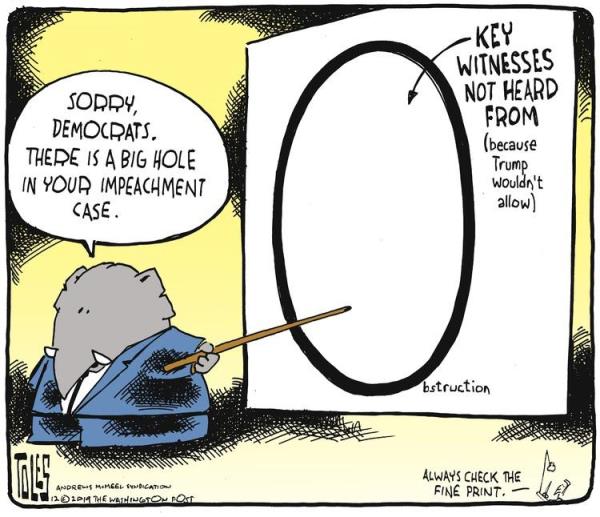



(They play the long game in politics, too.) Koch Industries "thought on a timeline of ten or twenty years, not twelve to eighteen months. The Kochs make big bets, and they have the patience to wait for results. Over time, they expanded into fertilizer, paper products, options trading and even greeting cards.

They added a Minnesota refinery that was well-positioned to turn cheap, Canadian crude oil into pricey gasoline for the fuel-thirsty Midwest. But Charles and David Koch supersized this fortune. Fred Koch, a co-founder of the far-right John Birch Society, assembled his own mini-empire of ranches, factories and oil pipelines. They got a sizable head start from their father. To be sure, the Koch brothers aren't entirely self-made. What Kochland, the new book from Christopher Leonard, adds to the story is not so much an account of the ways in which the brothers spend their money, but rather, a richly reported tale of how they make it - the inner workings of one of the nation's largest private corporations. Jane Mayer's 2010 New Yorker article and subsequent book shined a bright spotlight on how the Kochs and other wealthy patrons use their Dark Money to wield outsize influence on American politics. None of this is exactly a secret, though. They've used their vast wealth to build a hydra-headed network of think tanks, lobbying shops, and "astroturf" advocacy groups to advance a philosophy that conveniently overlaps with the economic interests of their Wichita-based corporation. The Koch brothers are a ripe target: political plutocrats who have spent hundreds of millions of dollars in a decades-long effort to reshape the country and the Republican Party. Your purchase helps support NPR programming. Close overlay Buy Featured Book Title Kochland Subtitle The Secret History of Koch Industries and Corporate Power in America Author Christopher Leonard


 0 kommentar(er)
0 kommentar(er)
